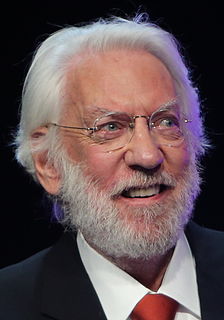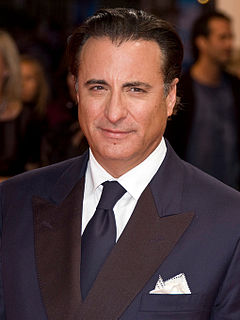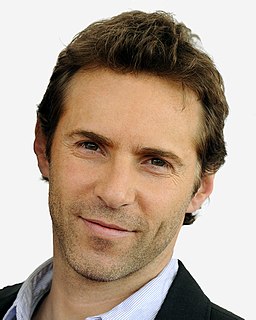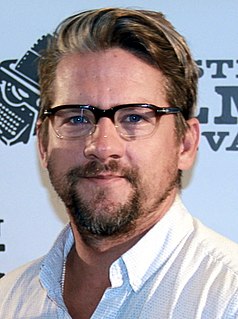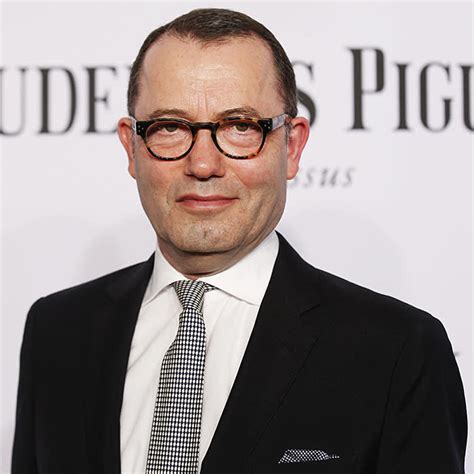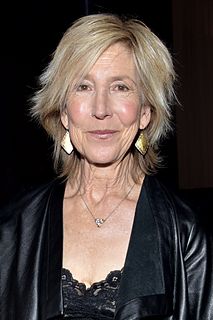A Quote by Chiwetel Ejiofor
I started off doing plays as a theater actor. But I never thought of it in terms of it leading anywhere. I was just trying to be the best actor that I could be in the context of what I was doing.
Related Quotes
In terms of trying to improve as an actor, for me it's always important to return to the stage. After doing a piece of theater for a prolonged period, I can think I must have surely improved in some way as an actor - you must be fitter than you were prior to doing it. For me, theater is very, very important in keeping things fresh and dangerous.
I come from Nova Scotia, and I'd never seen a theater or been inside of a theater. When I was 17, my dad asked me what I wanted to do, and I said I thought I would like to be an actor. I didn't have any idea what it was to be an actor. None. I'd wanted to be either an actor or a sculptor, which are both essentially the same thing. That's how it all started for me.
Movies are this thing that came into my life, and it still feels pretend in some way. I kind of do this thing, and I never really accepted this idea that I'm a film actor. That's what I do. I feel like I'm a theater actor that started doing films. Most people have never seen me in a play. They're fun, though.
I started in comedy when I first started as an actor on stage and doing improvisational theater and stuff like that. So a lot of people who know me know that sort of side of me. But I got the roles that I got as an young actor kind of steered me in a different direction, which were, at times, darker characters. And so comedy was not something that came easy for people to think of my in those terms.
At that age, filming Harry Potter, I never contemplated. I just went in there and did my acting. I never thought, "What's the character actually feeling here? What's he trying to get across?" And never looked at it from that classically trained actor's point of view. And so when Jason Isaacs started throwing up these ideas, I thought, "Whoa. What an interesting way to look at acting." Which is why, again, I would do theater.
There was once a great actor named George C. Scott. He was on stage in the Delacourt Theater in Central Park, where they do Shakespeare every summer, and he was playing Shylock in The Merchant of Venice. At one point he took the robes he was wearing and just started flipping them up in the air, out of nowhere. And later, an actor said to him, "What was that, George, what were you doing?" And he said, "They were sleeping." You're always trying to catch them.
I never wanted to be an actor. My dad was an actor, and he never brought joy home, so I didn't view it as something that I would want to do. But I got fired as a secretary, and then I started studying, I started doing it just to earn money. And it took me a long time to learn to love it. And what I loved was telling a story. I tried to avoid making plays or films that weren't telling a story that I felt was important. I discovered in the process that it makes you more empathic because you have to enter someone else's reality and learn to see through many other people's eyes.
After I left Yale, we were all doing these mad plays off - off Broadway. And I got back to that feeling I had from college, of everyone making up in front of one cracked mirror, which is what I loved - the scrappy theater idea. I think off-off Broadway healed me, made me an actor again, and I was in so many different crazy shows.


